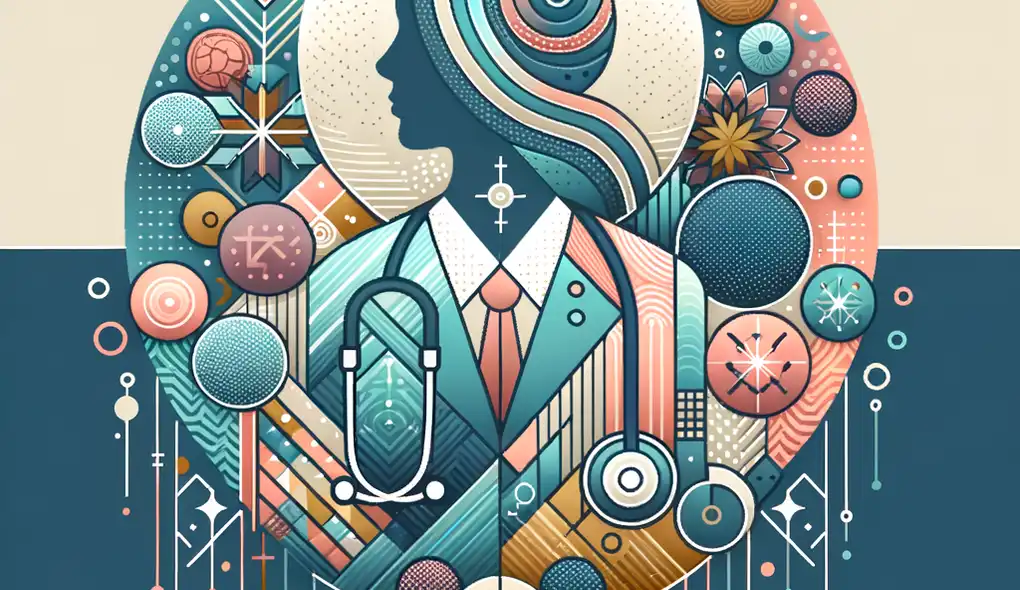Describe a time when you had to communicate with healthcare professionals to clarify diagnoses or verify information.
Health Information Technician Interview Questions
Sample answer to the question
In my previous role as a Junior Health Information Technician, there was a situation where I had to communicate with healthcare professionals to clarify a diagnosis. A patient's medical record indicated a certain medical condition, but I had doubts about its accuracy. I reached out to the attending physician and scheduled a meeting to discuss my concerns. During the meeting, I asked specific questions about the symptoms observed and requested further tests to confirm the diagnosis. The physician appreciated my attention to detail and willingness to verify information. As a result, the patient underwent additional tests, and it was discovered that the initial diagnosis was incorrect. This experience taught me the importance of effective communication and collaboration with healthcare professionals to ensure accurate information.
A more solid answer
In my previous role as a Junior Health Information Technician, I encountered a situation where I needed to communicate with healthcare professionals to clarify a diagnosis. One of the patient's medical records indicated a specific condition, but I noticed some inconsistencies that raised doubts. To address this, I reached out to the attending physician and scheduled a meeting to discuss my concerns. During the meeting, I provided specific examples of inconsistencies and asked detailed questions about the symptoms observed. I also suggested additional tests that could help verify the diagnosis. The physician appreciated my attention to detail and willingness to go the extra mile to ensure accurate information. As a result, the patient underwent further tests, which revealed that the initial diagnosis was incorrect. This experience highlighted the importance of effective communication, critical thinking, and collaboration with healthcare professionals to ensure the accuracy of diagnoses and improve patient care.
Why this is a more solid answer:
This is a solid answer as it provides specific details of the situation, demonstrates communication skills, attention to detail, critical thinking, and collaboration. However, it can be improved by elaborating on the impact of verifying the diagnosis and the specific steps taken to communicate and collaborate with the healthcare professionals.
An exceptional answer
During my time as a Junior Health Information Technician, I faced a challenging situation where I had to communicate with healthcare professionals to clarify a diagnosis and ensure accurate information. One of the patient's medical records indicated a specific condition, but upon review, I noticed inconsistencies that raised concerns. To address this, I took a proactive approach and scheduled a meeting with the attending physician to discuss my observations. During the meeting, I presented a detailed analysis of the inconsistencies and provided specific examples to support my concerns. I also asked the physician about the symptoms observed and their confidence in the accuracy of the diagnosis. Based on our discussion, I suggested additional diagnostic tests that could help verify the diagnosis and ensure the best course of treatment for the patient. The physician appreciated my attention to detail and collaborative approach to resolve the issue. As a result, the patient underwent the recommended tests, which revealed that the initial diagnosis was incorrect. This experience not only emphasized the importance of effective communication, attention to detail, and critical thinking but also showcased my ability to collaborate with healthcare professionals to improve the accuracy of diagnoses and enhance patient care. I learned the significance of maintaining open lines of communication and fostering a collaborative environment with healthcare professionals to ensure the delivery of high-quality care.
Why this is an exceptional answer:
This is an exceptional answer because it provides detailed and specific examples of the candidate's communication, critical thinking, attention to detail, and collaboration skills. It demonstrates their proactive approach, ability to present a detailed analysis, and suggest additional tests to verify the diagnosis. The answer also emphasizes the importance of open communication and collaborative environment with healthcare professionals. The candidate effectively showcases their ability to improve the accuracy of diagnoses and enhance patient care.
How to prepare for this question
- Familiarize yourself with common medical terminologies, coding, and classification systems
- Stay updated with health information regulations, including HIPAA
- Develop strong critical thinking and problem-solving skills
- Practice effective communication and interpersonal skills
- Gain experience with electronic health records (EHR) and data management software
- Pay attention to detail and accuracy in data entry and management
- Understand the importance of maintaining confidentiality of health information
What interviewers are evaluating
- Communication skills
- Attention to detail
- Critical thinking
- Collaboration
Related Interview Questions
More questions for Health Information Technician interviews